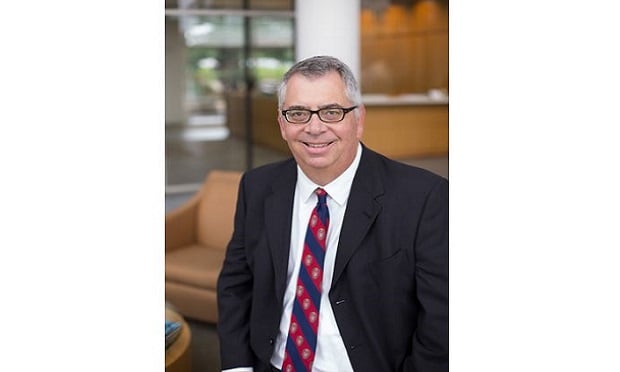 Alan Ogilvie got into insurance when offices still had carbon paper and word processors. Now he talks with Church Mutual staff, policyholders and prospective employees and clients about the power of artificial intelligence and automated underwriting. (Provided image)
Alan Ogilvie got into insurance when offices still had carbon paper and word processors. Now he talks with Church Mutual staff, policyholders and prospective employees and clients about the power of artificial intelligence and automated underwriting. (Provided image)
Most school children take fieldtrips to museums, zoos and other nearby cultural institutions.
Recommended For You
Want to continue reading?
Become a Free PropertyCasualty360 Digital Reader
Your access to unlimited PropertyCasualty360 content isn’t changing.
Once you are an ALM digital member, you’ll receive:
- Breaking insurance news and analysis, on-site and via our newsletters and custom alerts
- Weekly Insurance Speak podcast featuring exclusive interviews with industry leaders
- Educational webcasts, white papers, and ebooks from industry thought leaders
- Critical converage of the employee benefits and financial advisory markets on our other ALM sites, BenefitsPRO and ThinkAdvisor
Already have an account? Sign In Now
© Touchpoint Markets, All Rights Reserved. Request academic re-use from www.copyright.com. All other uses, submit a request to [email protected]. For more inforrmation visit Asset & Logo Licensing.







